Artificial intelligence (AI) is not really a new topic. In fact, it has caused widespread concern since the 1940s. For ordinary people, various sci-fi movies, robots and supercomputers in novels are all kinds of flaws in the form of artificial intelligence.
In the 21st century, computer technology has greatly improved, and artificial intelligence has begun to enter people's lives. Service robots, mobile voice assistants, and cloud computing all use artificial intelligence algorithms to varying degrees, improving people's quality of life in many ways. So, how artificial intelligence has developed all the way, take a look at the following ten milestones to understand.
The birth of neural networks
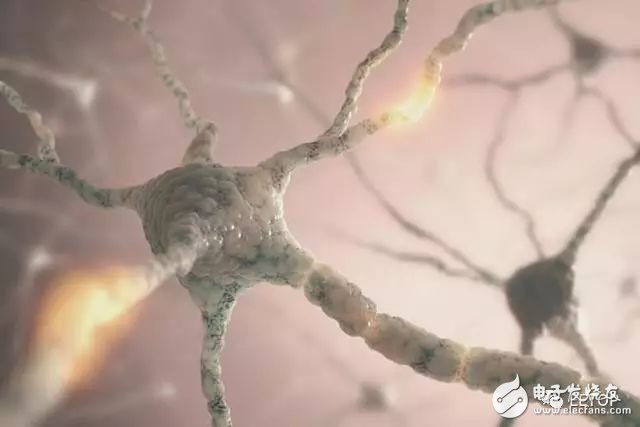
The term neural networks was introduced in 1943 and played a major role in the direction of artificial intelligence. Two scientists, Warren McCulloch and Walter Pitts, came up with the concept of making computers "deep-learning" like the human brain; today, almost all AI algorithms can achieve certain logic, learning ability, and also confirm the nerves. The concept of the network.
AI's name
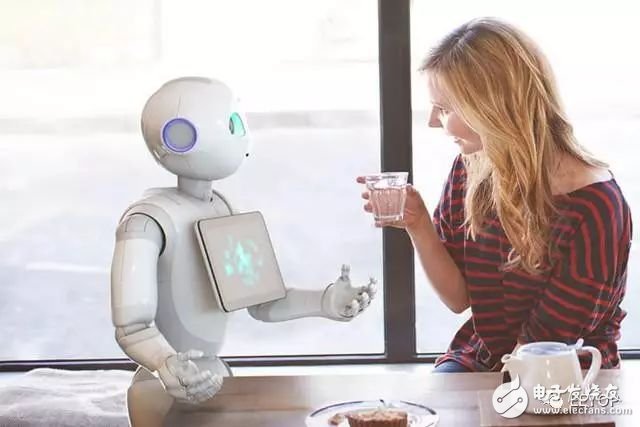
After the concept of neural network was put forward, artificial intelligence was born. On August 31, 1955, four computer scientists and cognitive scientists, John McCarthy, Marvin Minsky, Nathaniel Rochester, and Claude Shannon, formally proposed the concept of "AI", in which John McCarthy was honored as the "father of artificial intelligence" by future generations.
The arrival of "Backprop"
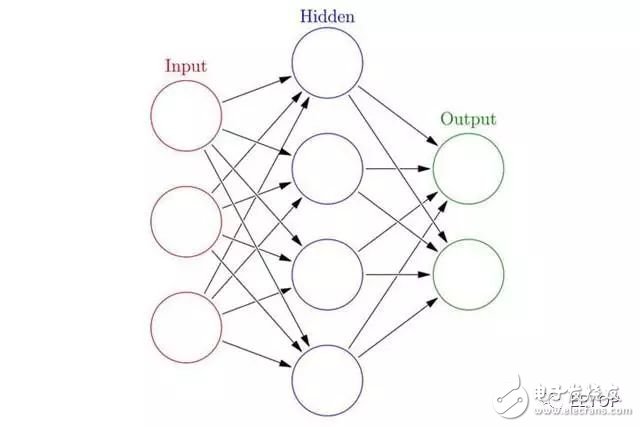
In 1969, "Backprop" (backpropagation algorithm) was proposed and became one of the important algorithms in the history of machine learning, and became mainstream in the 1980s. The uniqueness of this algorithm is that it is mapped, nonlinear, and has a strong function of recurring functions, which can better train artificial intelligence.
Voice assistant rises

When it comes to Apple Siri, Amazon Alexa and other voice assistants, everyone will not be unfamiliar, but in fact, as early as the mid-1960s, MIT developed a computer psychotherapist "ELIZA" to talk to humans. And get the user's approval for a period of time.
"Singularity Theory"
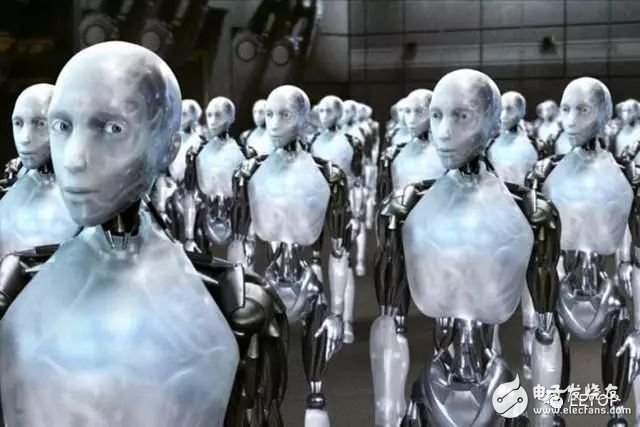
The singularity theory mentioned here is not in a broad sense, but the idea promoted by Vernor Steffen Vinge in an article published in 1993. Simply put, as a hard science fiction writer, Vinge believes that robots and AI will surpass humans and even end human society one day, which is an inevitable "singularity." There are not many people who support Vinge's statement, such as the famous "Iron Man" Elon Musk.
Self-driving car arrival
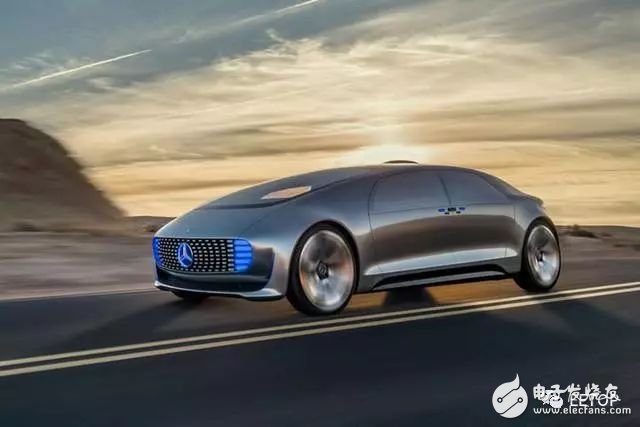
In 1986, the German Federal Defence Force University developed a self-driving car equipped with a camera and a smart sensor, which was cumbersome but could already be driven on the street. Today, almost all technology and automotive manufacturers see autonomous driving as the next revolution in the automotive industry, whether it's Google, Apple or Ford.
Super artificial intelligence computer
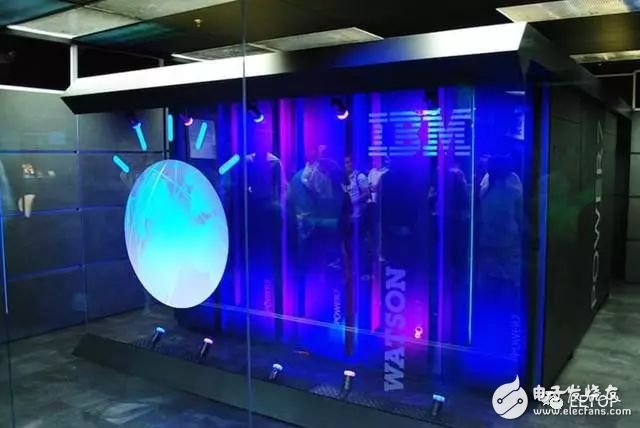
1997 was a year of artificial intelligence harvest, and IBM's Deep Blue supercomputer defeated world chess champion Garry Kasparov, letting people see the power of AI.
AI continues to defeat humanity
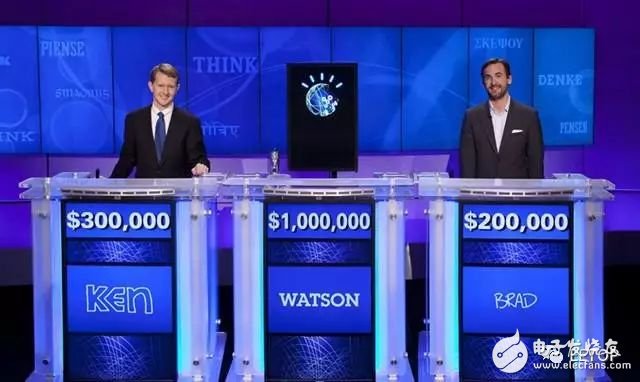
After Deep Blue, IBM's AI supercomputer Watson, who won the championship in the famous quiz show "Jeopardy!", won a prize of 1 million US dollars (only 300,000 human players), once again to some extent It proves that AI is faster and smarter than the human brain.
Is AI actually a "cat slave"?

In June 2012, Google researchers Jeff Dean and Andrew Ng attempted to train a huge neural network of 16,000 processors to find relevant content from 10 million unlabeled images. As a result, the AI ​​is very fond of felines and is able to autonomously label relevant pictures. It seems that AI, like humans, will be interested in cute cats.
Win the chess championship again

After IBM Deep Blue, Google's AI AlphaGo, which defeated World's Go Champion Li Zaishi in March 2016, attracted 60 million viewers around the world. In 2017, the upgraded version of AlphaGo competed in the new world Go, the first score of Ke Jie, once again won, once again triggered people's attention to the "artificial intelligence threat theory."
SHAOXING COLORBEE PLASTIC CO.,LTD , https://www.colorbeephoto.com